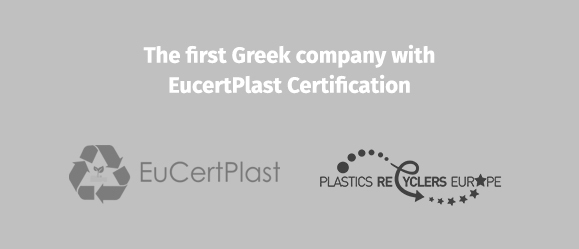Way of living
Prioritizing the environment and leaving heritage to the future

Way of living
Prioritizing the environment and leaving heritage to the future

What is recycling
Recycling is the process through which disposed materials are collected, sorted and converted into raw material that can be then re-used producing new products.
Today recycling is an important priority for the environment and a heritage to the future. It is not just a trend; on the contrary, it is the obligation of every civilized society, one that contributes to the actual improvement of the living conditions. In addition, there is a need for cultivating a recycling mentality for both citizens and social institutions, recognizing that it is a philosophy that belongs to our everyday lives and has to become a Way of Life.
Recycling was already a practice during the Copper Age, when people would melt metallic objects, in order to make new products. Then, through the centuries, as civilization and science evolved and technology and industry developed, recycling started taking on a larger and more important role in humanity progress. A conference about recycling in 1970 decided the signage of recyclable products with a special logo; and at the dawn of the 21st century, the proper legal framework was established to regulate the management and leverage of recyclable material.

Benefits
The benefits of recycling, or, more widely, of alternative waste management, are known and absolutely proven.
The international recycling rates’ increase and the improvement of recycling statistics through the last years are clear and recorded. It is common knowledge, though, that there are still many things to be done and a long road ahead to be travelled.
This applies especially in Greece, where the recorded increase of recycling action throughout every level of activity should be supported by organized effort not only by the state but by intermediate institutions and companies.
It is a duty for every institution involved in the Recycling structure to contribute decisively to the informing and educating the public and the consumers, so that Greek figures can converge with the European average within the next decade.



